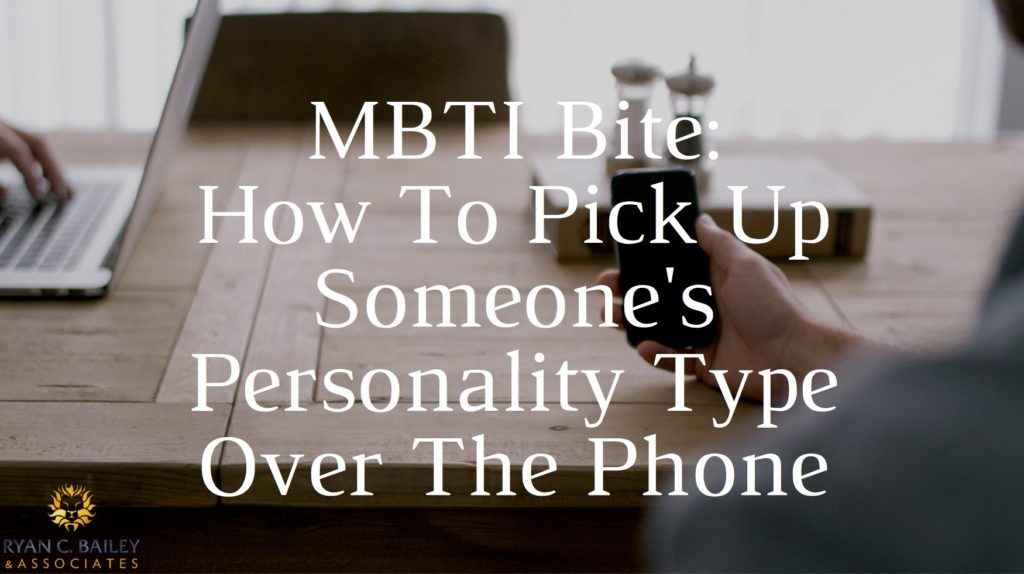 Just think of what it would be like if you could figure out a new stakeholder’s personality type while you speak to them on the phone.
Think of how quickly you could connect with them, tailor your dialogue to their preferred communication style, and even know how to balance their weaknesses so that they feel empowered to stay in their strike zones.
Just think of what it would be like if you could figure out a new stakeholder’s personality type while you speak to them on the phone.
Think of how quickly you could connect with them, tailor your dialogue to their preferred communication style, and even know how to balance their weaknesses so that they feel empowered to stay in their strike zones.
It's possible.
Myers-Briggs is the most popular and most researched assessment in the world. It breaks down personality types into four dichotomous pairs.
1. E vs I, Extrovert vs Introvert.
You know the person on the other end of the telephone is an E if they consistently talk things out with you. We E’s are notorious for thinking as we speak. We've also got a case of verbal diarrhea. That is, we are verbose.
I’s, on the other hand pause, think things out and give more concise, formed answers. They also tend to process new information internally instead of with others.
2. S vs N, Sensing vs Intuition.
S’s, or Sensors, are 75% of the population. So when in doubt, you can guess that the stakeholder you are speaking to is an S. But another way to know is if they speak in specifics. Do they give detailed descriptions as they lay out information? Do they talk in more tangibles (sights, smells, sounds) than in abstract concepts?
You know you are speaking to an N, or Intuitive, when they focus on the big picture. N's often think broadly, basing their ideas more on intuition than sensory cues. N’s also love new ideas and possibilities.
3. T vs F, Thinking vs. Feeling.
T’s, or Thinkers, can be spotted because they talk about the logical implications of things.
F’s, or Feelers, may first talk about a task but will often interject with the impact the project will have on the people.
4. J vs P, Judging vs. Perceiving.
J’s or Judgers, feel more comfortable once a decision is made. Over the phone, you will sense them wanting to lock down a decision.
P’s, on the other hand, like to keep their options open. It will be harder to nail things down.
Here is a cheat sheet that gives you all of the above in one page:
rcba-myers-briggs-cheat-sheets
Once you can pick off the letters, go to 16personalities.com and get detailed descriptions that will help you get them better.
Even if you can't nail all the letters use this cheat sheet to tailor the way you communicate with them not just over the phone but in email too.
Chew On This:
- How can you implement this mindset into your phone calls today?
Ryan C. Bailey is an Executive Coach who helps business leaders develop in-demand high performing teams.
*This blog is an amalgamation of a few different clients. No one single client is being singled out.


